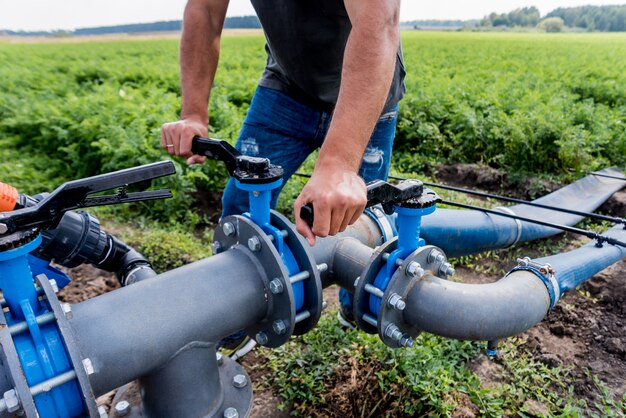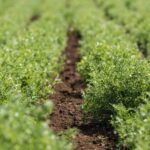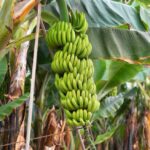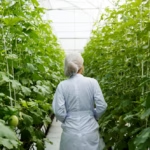Water is a precious resource, particularly in South Africa, where water scarcity presents significant challenges to agricultural productivity. Implementing sustainable water management practices is not only an environmental necessity but also a vital component for the long-term success of farming operations. Below, we explore the key benefits that sustainable water management brings to South African farmers.
1. Enhanced Crop Yields and Productivity
Efficient water management ensures that crops receive the right amount of water at the right times, promoting optimal growth and reducing the risk of over- or under-watering. Techniques such as drip irrigation and rainwater harvesting help farmers maintain consistent soil moisture levels, leading to improved crop health and higher yields.
2. Reduced Operational Costs
Sustainable practices can significantly lower water-related expenses. By investing in water-saving technologies and infrastructure, such as automated irrigation systems, farmers can reduce water waste and cut down on electricity and water bills. Over time, these savings can translate into better profit margins.
3. Protection Against Drought and Climate Change
With climate change leading to more frequent and severe droughts, sustainable water management becomes crucial for resilience. Farmers who adopt practices like soil moisture monitoring, mulching, and water-efficient irrigation methods are better equipped to maintain production levels during dry periods, reducing their vulnerability to water shortages.
4. Improved Soil Health
Over-irrigation can lead to nutrient leaching and soil degradation, making land less fertile over time. Sustainable water management practices ensure that water is applied judiciously, maintaining soil structure and nutrient content. This helps sustain soil fertility and reduces the need for chemical fertilizers.
5. Support for Biodiversity
Water-efficient practices can contribute to the preservation of local ecosystems. By minimizing runoff and avoiding excessive water withdrawal from natural sources, farmers help maintain water levels in nearby rivers and wetlands. This supports the biodiversity of the area, which in turn can contribute to natural pest control and pollination.
6. Enhanced Water Security
Sustainable management helps create more reliable water sources through practices such as rainwater harvesting, groundwater recharge, and the use of recycled water. This ensures that farms have a steady water supply throughout the year, even in periods of reduced rainfall.
7. Regulatory Compliance and Access to Funding
Governments and organizations are increasingly emphasizing sustainable practices through policies and incentives. Farmers who implement sustainable water management are better positioned to comply with regulations and qualify for grants or funding programs aimed at promoting environmental stewardship in agriculture.
8. Community and Environmental Benefits
Sustainable water use helps maintain the balance of local water tables and reduces competition for resources between farms and nearby communities. When farmers adopt eco-friendly water practices, they contribute to the overall health of the region’s water systems, supporting community well-being and environmental sustainability.
Steps for Implementing Sustainable Water Management
- Invest in Technology: Use modern irrigation systems, soil moisture sensors, and water-saving infrastructure.
- Practice Rainwater Harvesting: Collect and store rainwater for use during drier periods.
- Use Mulching and Cover Crops: Reduce evaporation and improve soil water retention.
- Monitor and Adapt: Regularly assess water use and adjust strategies as needed.
Sustainable water management is essential for South African farmers seeking to improve productivity, reduce costs, and protect their operations against the impacts of climate change. By adopting these practices, farmers can ensure the longevity of their farms and contribute positively to the environment and surrounding communities. Sustainable water management is more than a strategy—it’s a pathway to resilience and prosperity.









